Meta wants to join the big tech nuclear club
The tech giant is the latest to turn to nuclear energy to fuel AI development


Meta wants help from nuclear energy developers to power its data centers for AI, saying it needs up to four gigawatts of supply to meet surging demands.
The move comes amid a drive by big tech firms to find new sources of energy, as AI models increasingly grow in size and require more and more power.
The 4GW Meta says it may require is enough to power four million homes by some counts. Google, Microsoft, and Oracle have all begun developing nuclear power partnerships.
Meta said the drive to accelerate AI innovation — and other advanced technologies that will "build the future of human connection" — will require new electric grids along with new sources of reliable, clean energy. To help achieve that with nuclear power, Meta announced a request for proposals to help find potential partners.
"Supporting the development of clean energy must continue to be a priority as electric grids expand to accommodate growing energy needs," the company said in a blog post.
"At Meta, we believe nuclear energy will play a pivotal role in the transition to a cleaner, more reliable, and diversified electric grid."
The announcement comes amid plans to build a $10 billion AI focused data center in Louisiana, which will be powered in part through renewable energy.
Get the ITPro daily newsletter
Sign up today and you will receive a free copy of our Future Focus 2025 report - the leading guidance on AI, cybersecurity and other IT challenges as per 700+ senior executives
Why Meta needs nuclear partners
Meta noted that nuclear projects are more challenging to support than solar or wind, as they're more expensive, take longer to develop, and have tighter regulatory requirements.
"These differences mean we need to engage nuclear energy projects earlier in their development lifecycle and consider their operational requirements when designing a contract.," the company said in the blog post.
"And, as scaling deployments of nuclear technology offers the best chance of rapidly reducing cost, engaging with a partner across projects and locations will allow us to ensure that we can deploy strategically."
Those challenges are why the company is using the request for proposals process to find partners. The aim is to have between one and four gigawatts of new nuclear generation capacity by the early 2030s. The project will be delivered in the US.
Big tech is all in on nuclear
Meta isn’t the only big tech company turning to nuclear power to meet the growing demands of AI. As AI models get bigger and bigger — required to boost the accuracy of large language models — they require more energy to train and run.
In October, Google signed a deal for seven modular reactors from Kairos Power that will generate 500MW of power, beginning in 2030.
Amazon is trying to convince regulators to allow it to build a $650 million data centre next to a 2.5GW nuclear station in Pennsylvania, while Microsoft has signed a 20-year power purchase agreement with Constellation for nuclear energy partially sourced from Three Mile Island.
RELATED WHITEPAPER

Oracle said in September it had building permits for three modular reactors. CEO Larry Ellison said at the time that the company had 162 data centers live and under construction, with the largest drawing 800 megawatts.
“That's what's required to stay competitive in the race to build one - just one - of the most powerful artificial neural networks in the world,” Ellison said.
Freelance journalist Nicole Kobie first started writing for ITPro in 2007, with bylines in New Scientist, Wired, PC Pro and many more.
Nicole the author of a book about the history of technology, The Long History of the Future.
-
 Bigger salaries, more burnout: Is the CISO role in crisis?
Bigger salaries, more burnout: Is the CISO role in crisis?In-depth CISOs are more stressed than ever before – but why is this and what can be done?
By Kate O'Flaherty Published
-
 Cheap cyber crime kits can be bought on the dark web for less than $25
Cheap cyber crime kits can be bought on the dark web for less than $25News Research from NordVPN shows phishing kits are now widely available on the dark web and via messaging apps like Telegram, and are often selling for less than $25.
By Emma Woollacott Published
-
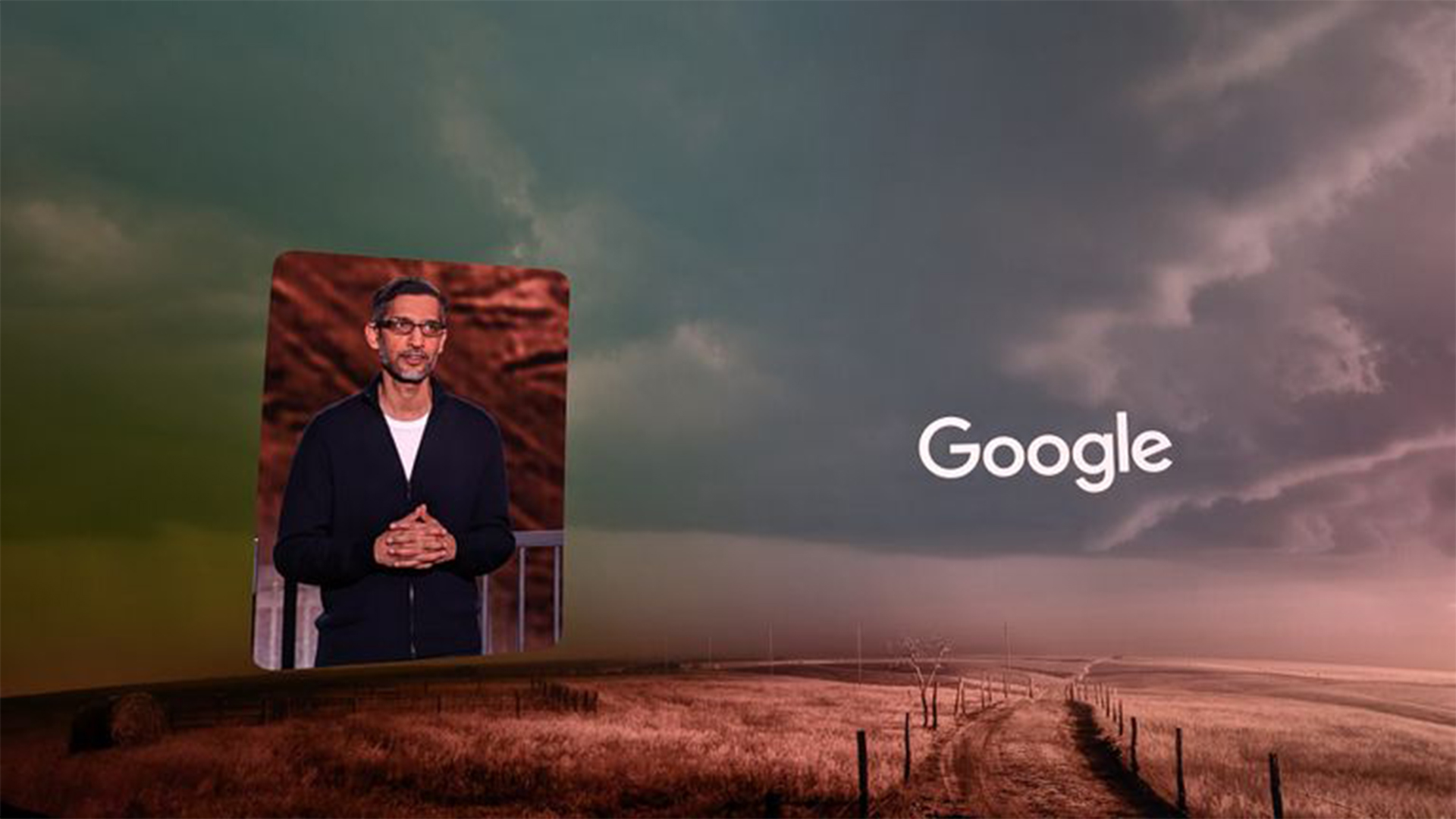 Google shakes off tariff concerns to push on with $75 billion AI spending plans – but analysts warn rising infrastructure costs will send cloud prices sky high
Google shakes off tariff concerns to push on with $75 billion AI spending plans – but analysts warn rising infrastructure costs will send cloud prices sky highNews Google CEO Sundar Pichai has confirmed the company will still spend $75 billion on building out data centers despite economic concerns in the wake of US tariffs.
By Nicole Kobie Published
-
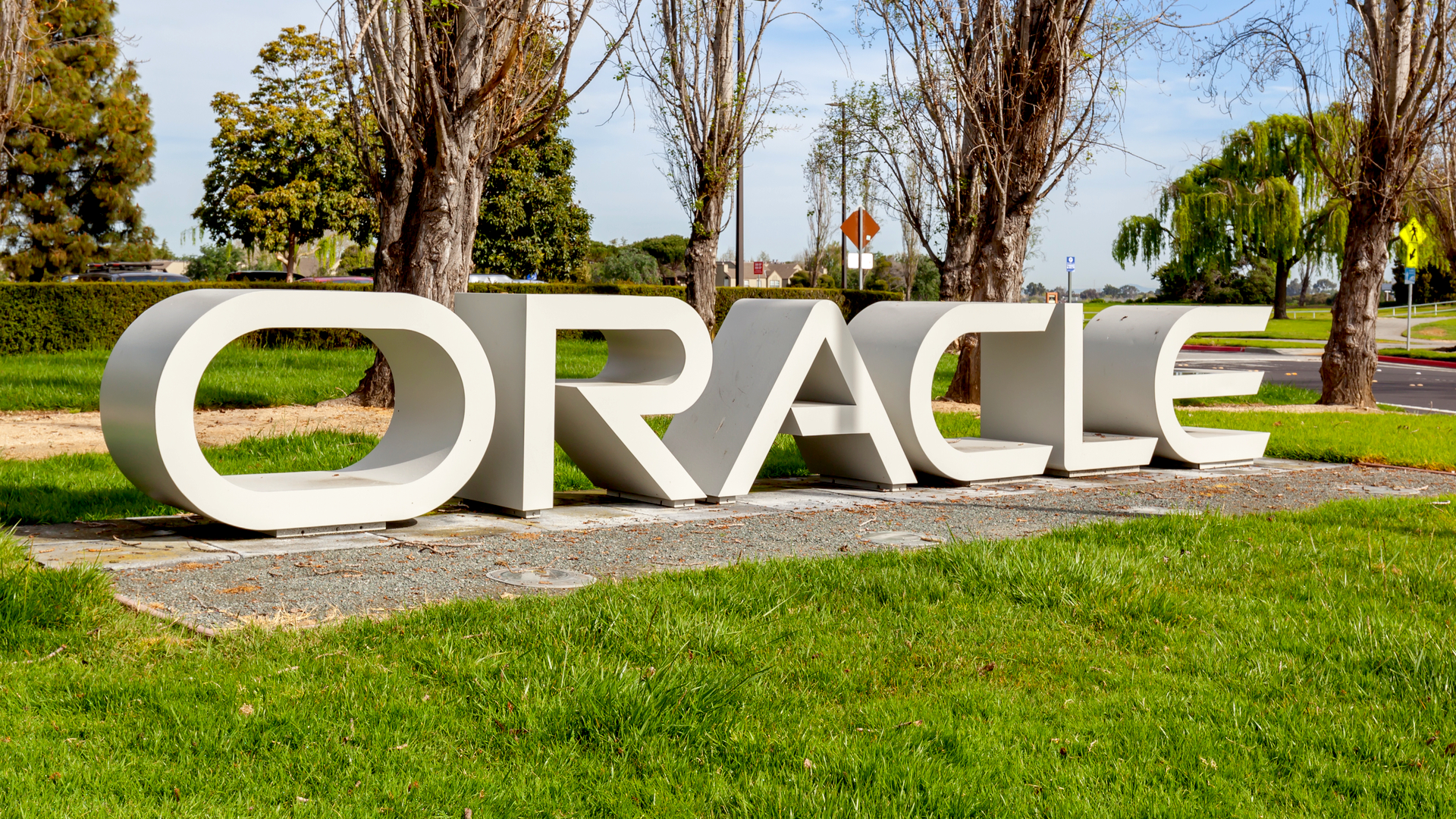 UK cloud infrastructure set for boost amid $5 billion Oracle investment
UK cloud infrastructure set for boost amid $5 billion Oracle investmentNews Oracle is set to invest $5 billion (£3.85 billion) to ramp up support for the UK’s cloud infrastructure capabilities.
By George Fitzmaurice Published
-
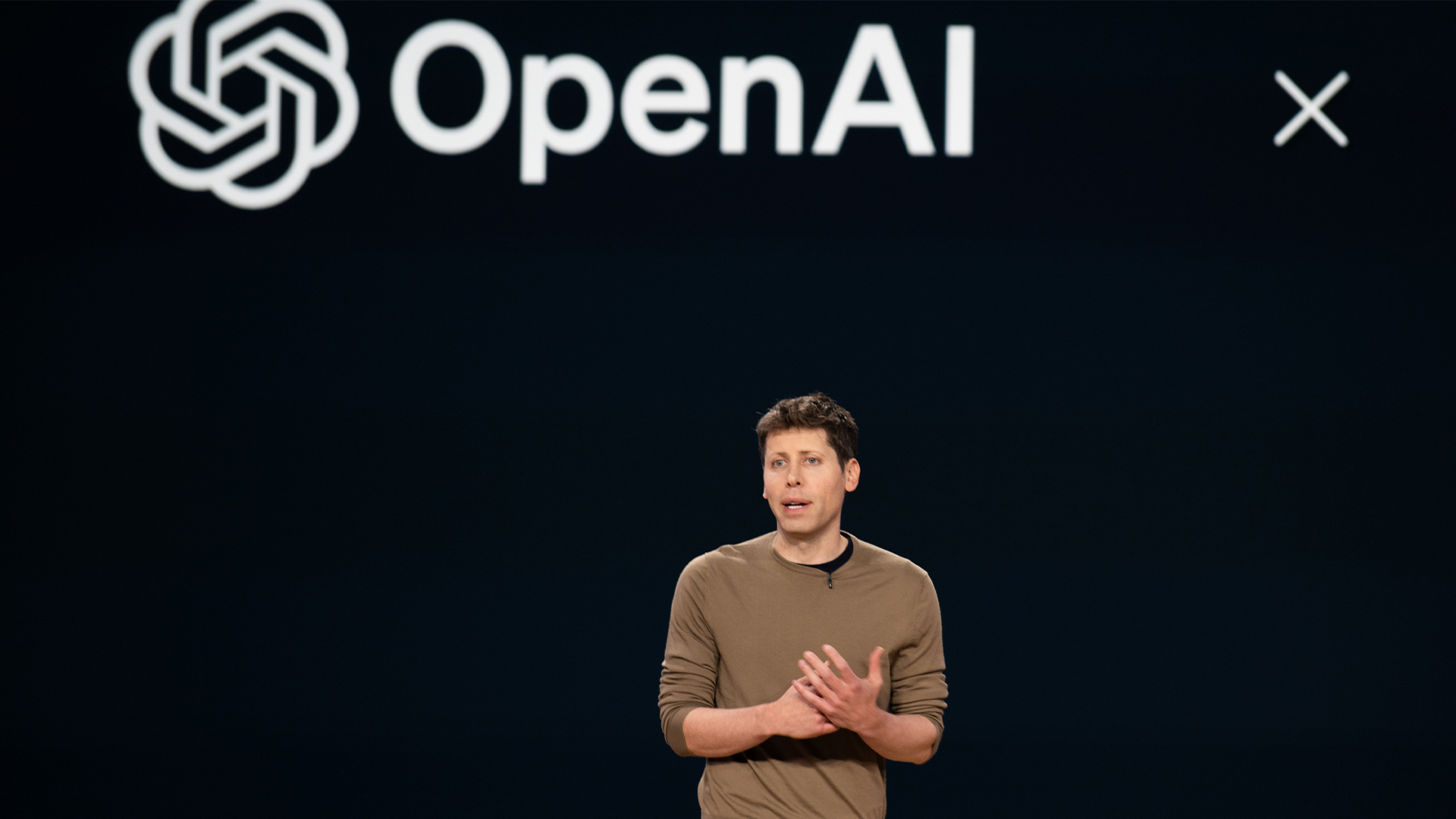 OpenAI inks $12bn CoreWeave deal in latest move away from Microsoft
OpenAI inks $12bn CoreWeave deal in latest move away from MicrosoftNews Cloud infrastructure company CoreWeave will supply OpenAI with infrastructure to run the firm's latest models in a deal worth nearly $12 billion.
By Nicole Kobie Published
-
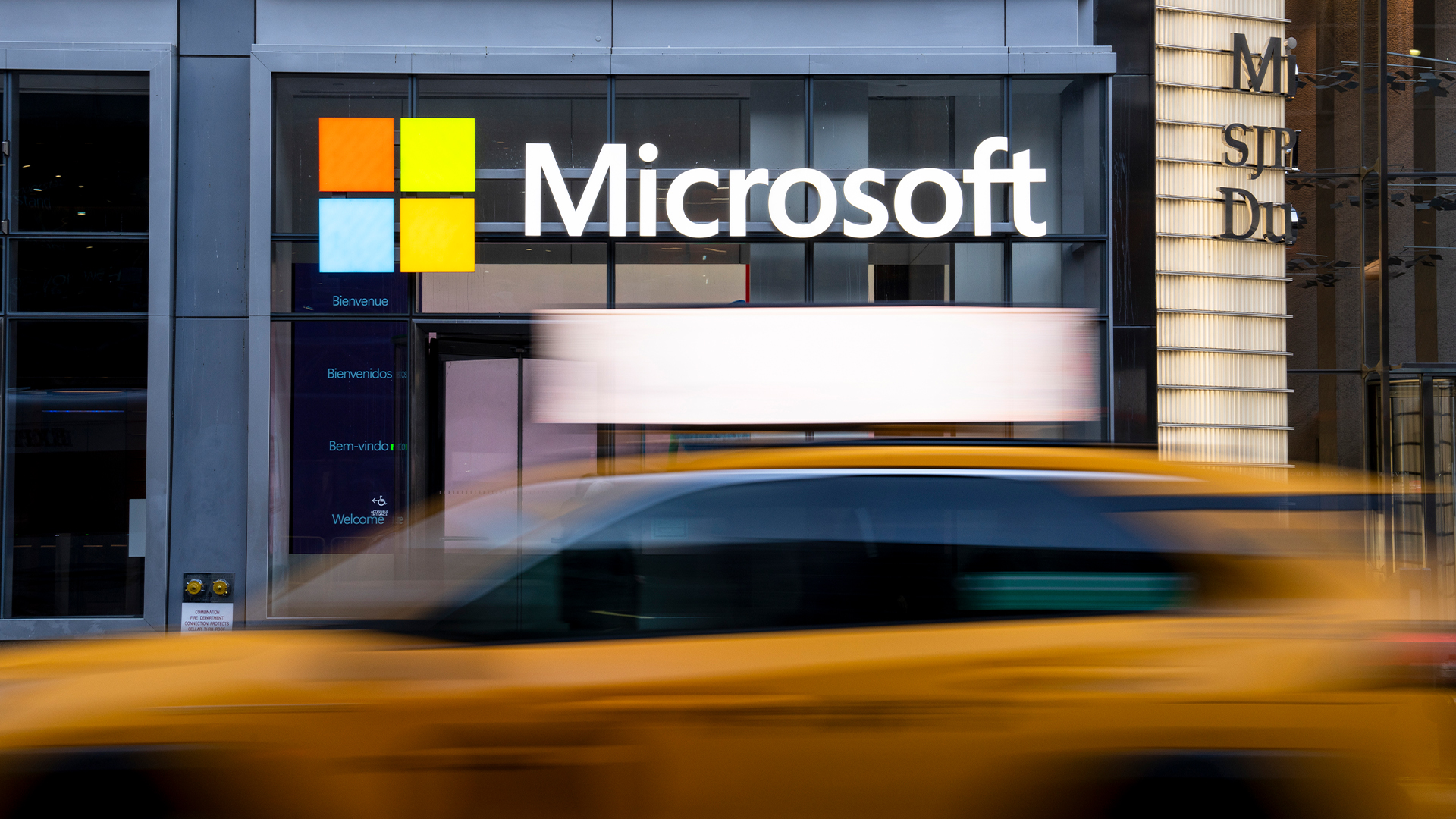 Analysts think Microsoft's data center rollback is bad news for the AI boom – but the company says not to worry
Analysts think Microsoft's data center rollback is bad news for the AI boom – but the company says not to worryNews Microsoft has reportedly ended leases for a significant amount of data center capacity, sparking debate over whether the AI boom is starting to falter.
By Nicole Kobie Published
-
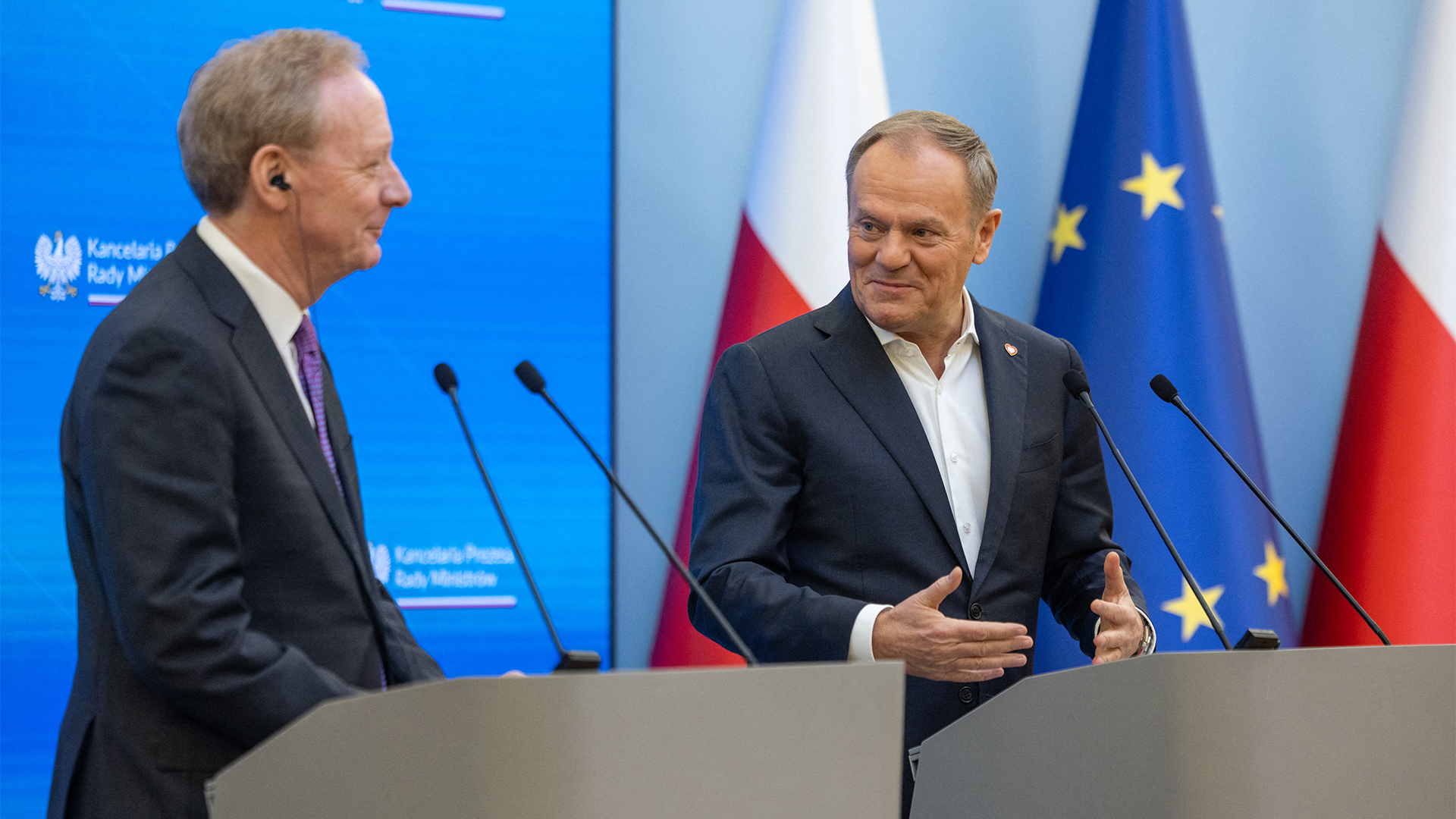 Microsoft invests $700 million to bolster cybersecurity and infrastructure in Poland
Microsoft invests $700 million to bolster cybersecurity and infrastructure in PolandNews Microsoft has announced plans to invest more than $700 million to support AI and cloud infrastructure expansion in Poland alongside cybersecurity support.
By Emma Woollacott Published
-
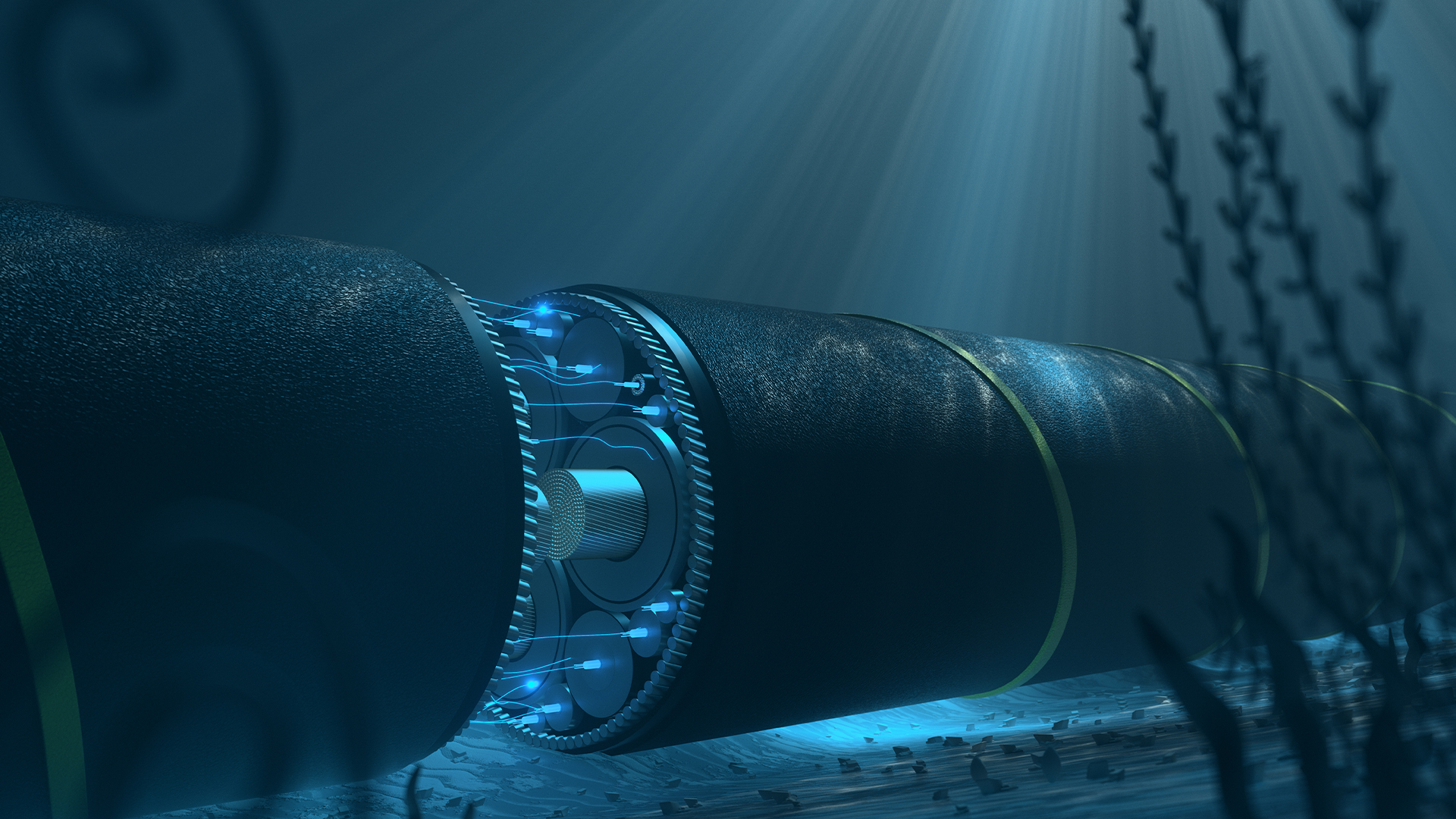 Meta is building the world’s longest subsea cable: Project Waterworth will span 50,000 km and connect five continents – and it aims to boost global connectivity and AI services
Meta is building the world’s longest subsea cable: Project Waterworth will span 50,000 km and connect five continents – and it aims to boost global connectivity and AI servicesNews Meta has announced plans to build the world's longest subsea cable in a bid to supercharge global connectivity and drive AI innovation.
By Emma Woollacott Published
-
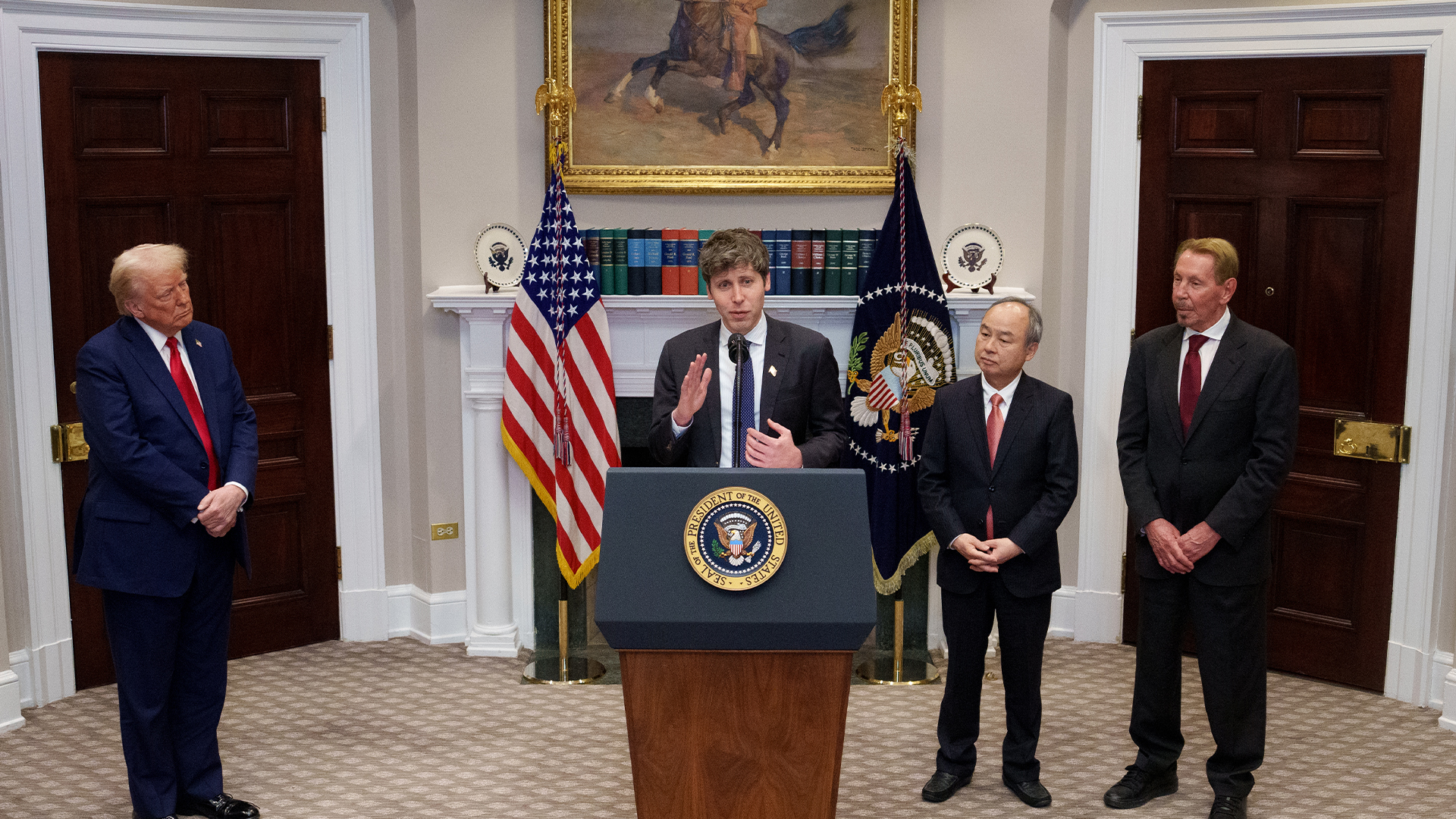 Stargate project: OpenAI, Oracle pledge support for $500 billion AI infrastructure drive
Stargate project: OpenAI, Oracle pledge support for $500 billion AI infrastructure driveNews US President Donald Trump has unveiled the launch of the $500 billion Stargate Project to expand US AI infrastructure in collaboration with OpenAI, Oracle, and SoftBank.
By Emma Woollacott Published
-
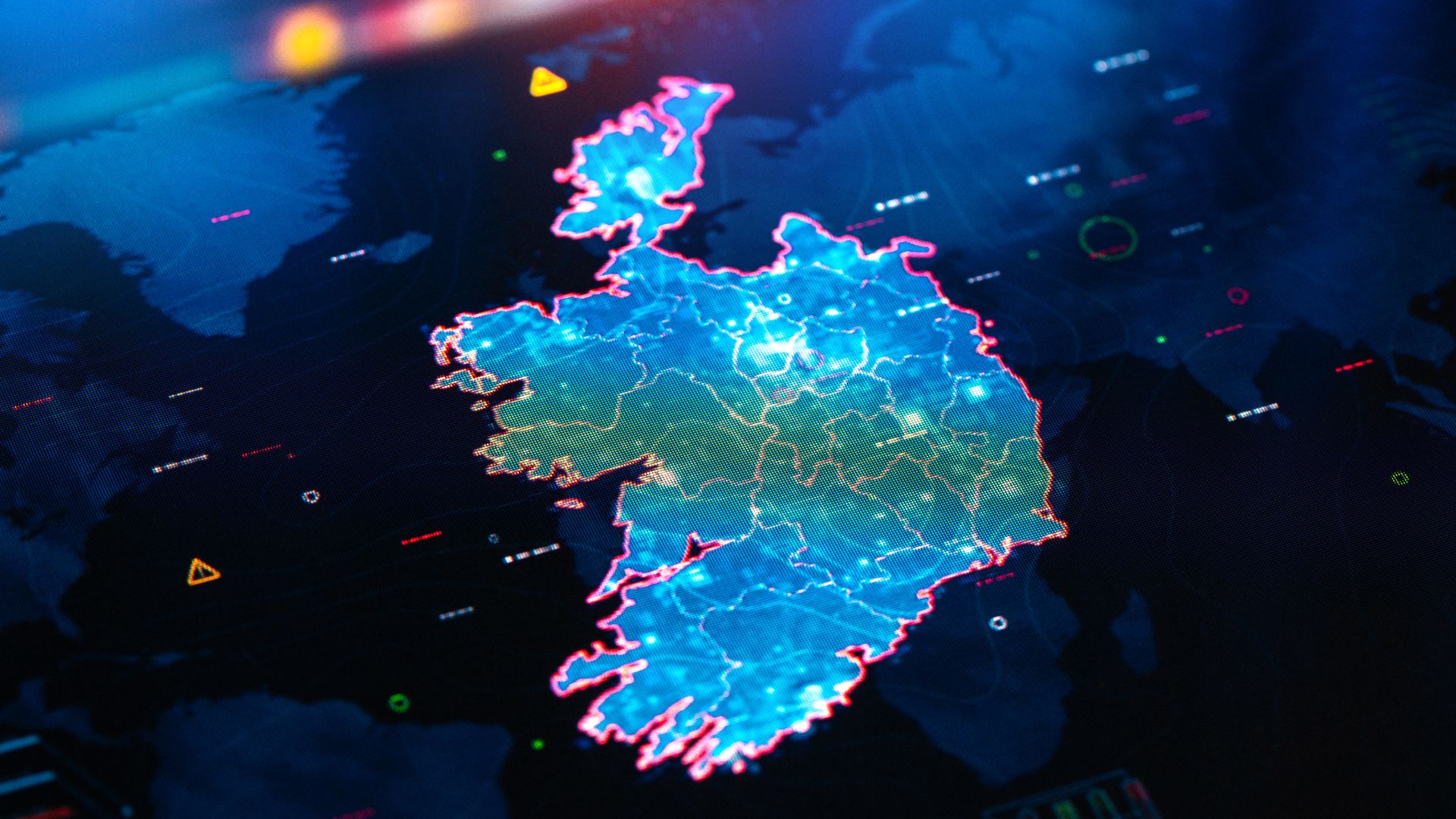 Ireland has become a “data dumping ground” for big tech
Ireland has become a “data dumping ground” for big techThe sharp increase in data center projects may be threatening Ireland's net-zero aspirations
By Nicole Kobie Published